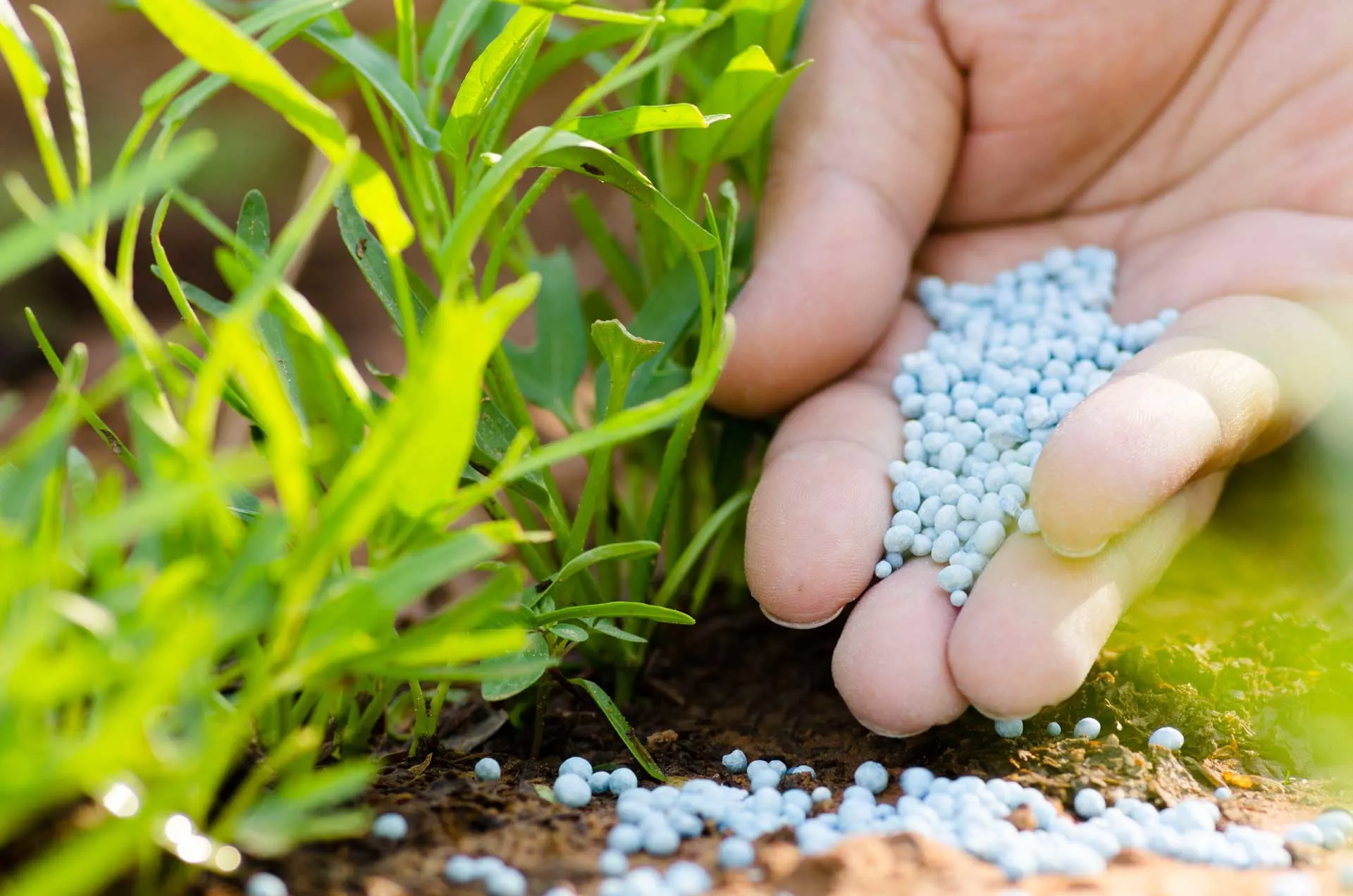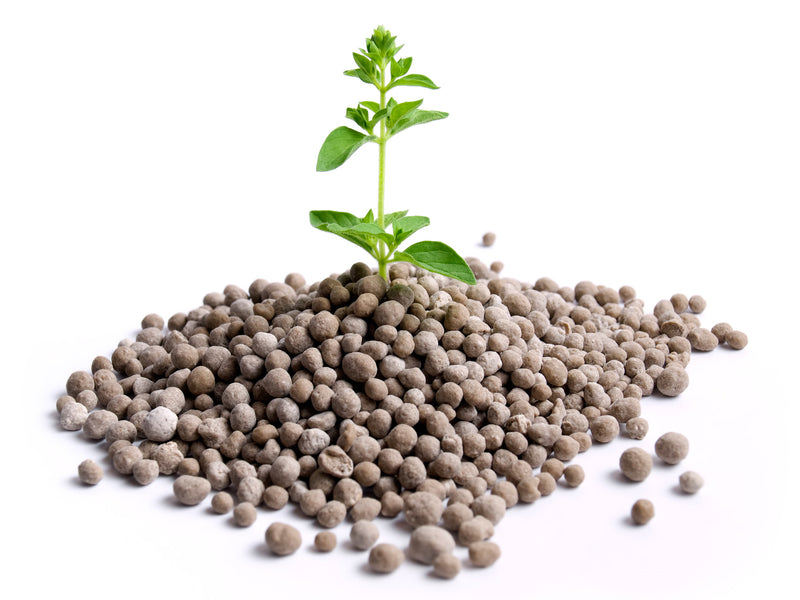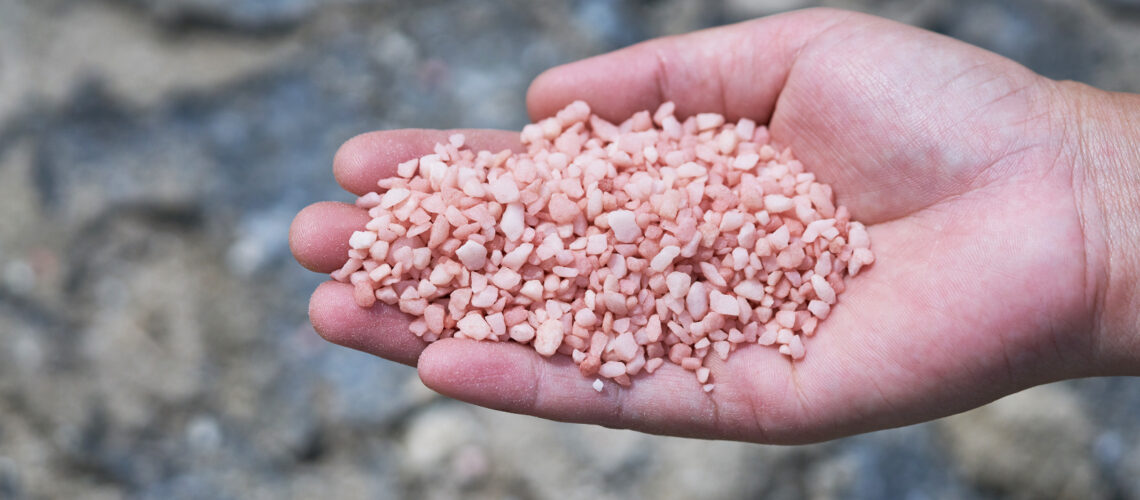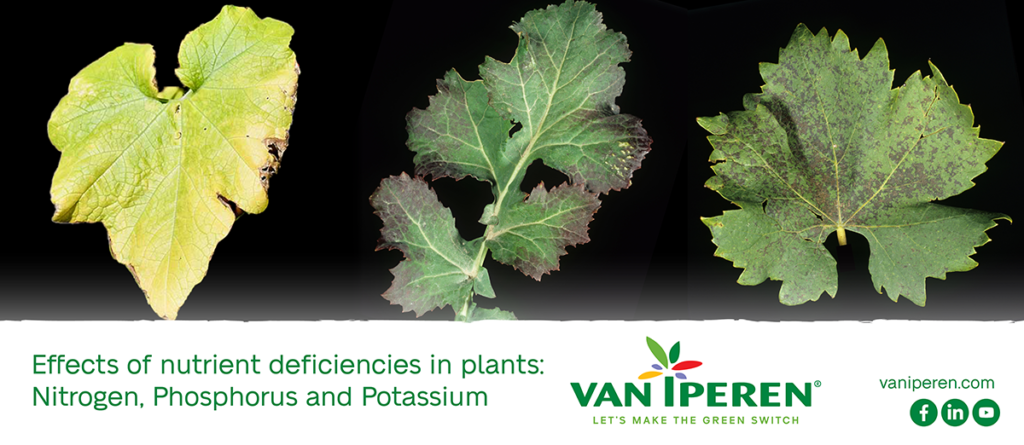The Npk Triangle: How To Get Your Plants Growing Their Best
The NPK Triangle: How to Get Your Plants Growing Their Best
Plants need three main nutrients to grow and thrive: nitrogen (N), phosphorus (P), and potassium (K). These nutrients are essential for plant growth and development, and they are often referred to as the "NPK triangle."
Nitrogen is responsible for plant growth and greening. It helps plants produce chlorophyll, the green pigment that allows plants to photosynthesize. Phosphorus is important for cell division and energy production. It also helps plants root and flower. Potassium is important for plant strength and resistance to disease. It also helps plants regulate water balance.
The amount of each nutrient that a plant needs varies depending on its species and stage of growth. However, in general, most plants need a balanced amount of NPK. A deficiency in any one of these nutrients can lead to problems with plant growth and development.
For example, a nitrogen deficiency can cause plants to become pale and stunted. A phosphorus deficiency can cause plants to grow slowly and have weak stems. A potassium deficiency can cause plants to be more susceptible to disease and pests.
If you are concerned that your plants may not be getting enough of the nutrients they need, you can test your soil. There are many different soil test kits available, and they are relatively inexpensive. Once you know what nutrients your soil is lacking, you can add fertilizer to correct the deficiency.
Fertilizer is available in a variety of forms, including liquid, granular, and slow-release. The type of fertilizer you choose will depend on the type of plants you are growing and your personal preferences.
When applying fertilizer, it is important to follow the directions on the label. Over-fertilizing can be just as harmful as under-fertilizing.
In addition to fertilizer, there are other ways to improve the nutrient content of your soil. You can add compost, manure, or other organic matter to your soil. You can also plant cover crops, which will help to improve the soil's structure and fertility.
By understanding the NPK triangle and providing your plants with the nutrients they need, you can help them grow strong and healthy.
Here are some additional tips for getting your plants growing their best:
- Choose the right soil for your plants. Different plants have different soil requirements. Some plants prefer sandy soil, while others prefer clay soil.
- Water your plants regularly. The amount of water your plants need will vary depending on the type of plant, the climate, and the time of year.
- Fertilize your plants regularly. The frequency of fertilization will vary depending on the type of fertilizer you are using and the type of plant.
- Provide your plants with plenty of sunlight. Most plants need at least six hours of sunlight per day.
- Protect your plants from pests and diseases. There are many different ways to protect your plants from pests and diseases. You can use pesticides, insecticidal soaps, or natural remedies.
By following these tips, you can help your plants grow strong and healthy.
Nitrogen, phosphorus, and potassium (NPK) are three essential nutrients for plant growth. Nitrogen promotes leaf growth and green color, phosphorus helps with root development and flowering, and potassium strengthens stems and helps plants resist disease.
If you're looking to improve the health and productivity of your plants, it's important to make sure they're getting the right balance of NPK. The amount of each nutrient that your plants need will vary depending on the type of plant, the soil conditions, and the climate.
To find out exactly what your plants need, you can take a soil test. Once you know the results of your soil test, you can choose a fertilizer that contains the right balance of NPK for your plants.
There are many different fertilizers available, so it's important to do your research and choose one that is right for your needs. You can also find more information about NPK and plant nutrition on the Garden Wiki.
FAQ of nitrogen phosphorus and potassium
- What are nitrogen, phosphorus, and potassium?
Nitrogen, phosphorus, and potassium are the three main macronutrients that plants need to grow and thrive. Nitrogen helps plants produce chlorophyll, which is essential for photosynthesis. Phosphorus helps plants produce energy and reproduce. Potassium helps plants regulate water balance and resist pests and diseases.
- What are the sources of nitrogen, phosphorus, and potassium?
Natural sources of nitrogen, phosphorus, and potassium include manure, compost, and crop residues. Commercial fertilizers are also available, and they come in a variety of forms, including liquid, granular, and slow-release.
- How do I know if my plants need nitrogen, phosphorus, or potassium?
There are a few signs that your plants may need nitrogen, phosphorus, or potassium. These signs include:
- Slow growth
- Yellowing or browning leaves
- Stunted flowers or fruits
- Wilting leaves
If you notice any of these signs, you can test your soil to determine the nutrient levels. You can also consult with a garden expert for advice on how to fertilize your plants.
- How often should I fertilize my plants?
The frequency of fertilizing your plants will depend on the type of plant, the soil quality, and the climate. In general, most plants need to be fertilized once a month during the growing season. However, some plants may need to be fertilized more or less often.
- What are the risks of over-fertilizing my plants?
Over-fertilizing your plants can be harmful. It can lead to leaf burn, root rot, and other problems. It can also make your plants more susceptible to pests and diseases.
Image of nitrogen phosphorus and potassium
- Nitrogen: A green powder or liquid fertilizer that is used to promote leaf growth and green color in plants.

- Phosphorus: A red or brown powder or liquid fertilizer that is used to promote root growth, flower production, and seed development in plants.

- Potassium: A white or gray powder or liquid fertilizer that is used to promote strong stems and healthy growth in plants.

- NPK fertilizer: A combination of nitrogen, phosphorus, and potassium fertilizers that is used to provide all three nutrients to plants.

- Plants showing deficiency of nitrogen, phosphorus, and potassium: Plants that are deficient in nitrogen will have pale green leaves, while plants that are deficient in phosphorus will have stunted growth and few flowers or fruits. Plants that are deficient in potassium will have wilted leaves and may be more susceptible to disease.

Post a Comment for "The Npk Triangle: How To Get Your Plants Growing Their Best"